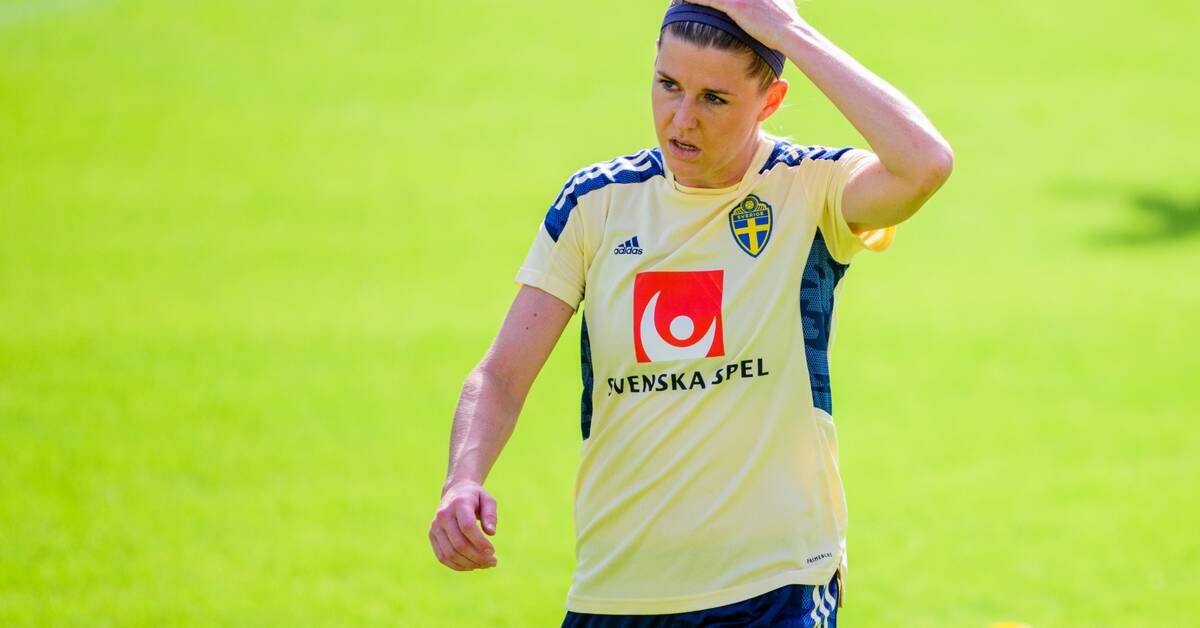Early on Saturday morning, Swedish time, it's time for the away meeting for the last international match of the year for Sweden's women's soccer team.
Far away.
From Sweden, it is close to 16,000 kilometers and ten hours in time difference to Melbourne, where the match is played.
But even though this week's adjustment has been tough for the Swedes, most seem to agree that it is a useful experience for next year's WC in Australia and New Zealand.
- It has really been a test, both physically and mentally to see how you can handle it.
And I think that kind of thing is fun, so I've seen it as a bit of a challenge, says Magdalena Eriksson to TT.
"A little sick"
- It might sound a bit crazy to go here, I understand that people think that and I have to admit that I thought that too.
But now that I'm here, it's a great experience to feel what it's like to travel here firstly and then secondly how our bodies react.
It's a great lesson that we can take with us to the WC, says Olivia Schough.
Going halfway around the world for a friendly against Australia, who they played three times last year, may seem extreme.
The women's national team doctor Houman Ebrahimi points out that it is an opportunity to test strategies for managing the time change before the WC.
He says that it is about finding out how to optimize the players' performances and that for medical reasons it is possible to play matches after a time change.
- But they must perform at their absolute best level where reaction ability and strength matter, so it is important that we are thorough in our work, says Houman Ebrahimi.
"Dialogue with the clubs"
In addition to the long trip to Australia, there is also a long trip home and club team matches already next weekend for some.
- As long as you are aware of it and take it seriously, just like we adapt to come here, you can adapt to go back again.
It is a dialogue that we have with the clubs, says Houman Ebrahimi.
CUT: This is how Sweden will go all the way in the football World Cup - Markus Johannesson explains
Javascript is disabled
Javascript must be enabled to play video
Read more about browser support
SVT's expert Markus Johannesson explains in the clip the details that will enable Sweden to win gold in the 2023 FIFA World Cup

